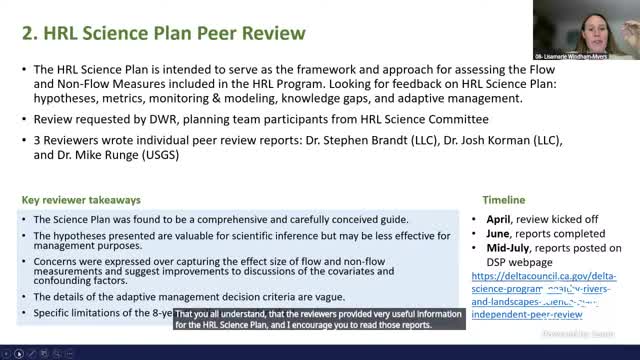Article not found
This article is no longer available. But don't worry—we've gathered other articles that discuss the same topic.
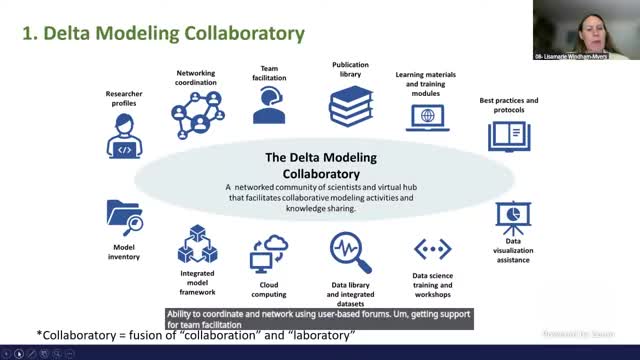
Delta Science Program launches modeling collaboratory, posts peer review of Healthy Rivers and Landscapes plan
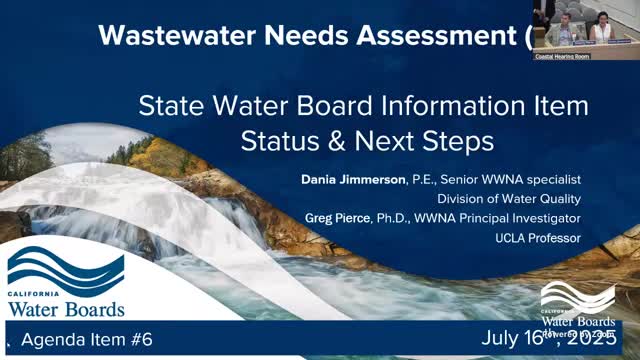
UCLA‑led wastewater needs assessment finishes Phase 1; Phase 2 will map inadequate systems and estimate costs through 2027
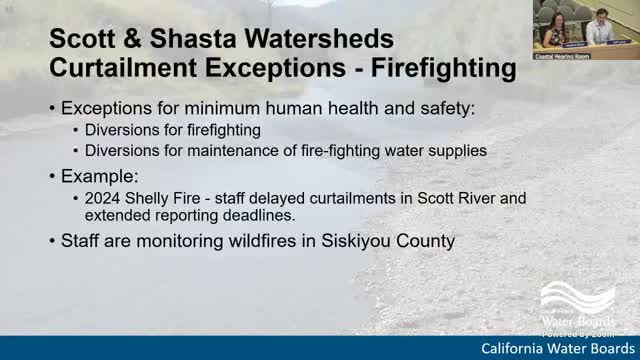
State board staff say Term 91 curtailments began June 20 as Delta balancing drew on stored project water
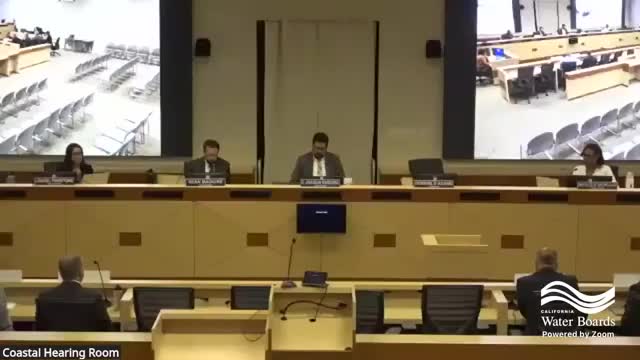
Delta Watermaster previews CalWaters transition, Open ET measurement work and flags federal data cuts
